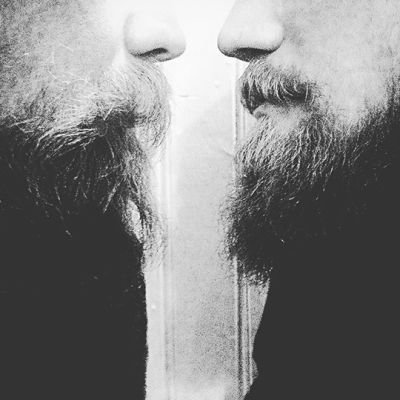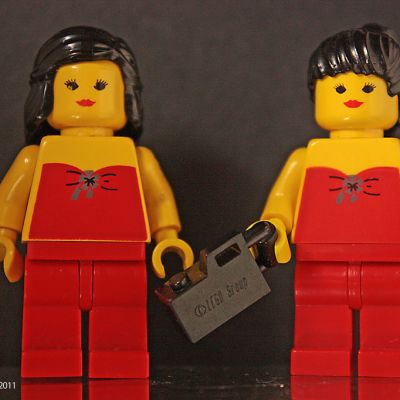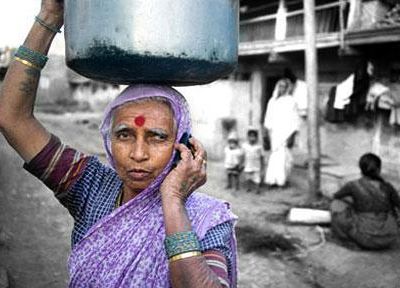Sexuality
In Nacher Chhele, a 38 year old Avijit stands outside himself, takes a long look at his past, and writes an intense testimonio, which would resonate with many middle class Bengali queer men who grew up in the pre-global, pre-Internet city of Calcutta in the 80s and 90s.
Bare feet, dry brown hair, shabby clothes, a girl not older than 12 years stared out from her terrace at…
Traditional masculinity is not without its problems but to eliminate its component of stoicism is to pull the rug from under a cast of tough and determined characters who make society function.
I can recall my experiences in the washrooms of different gyms that I have been a member of. A men’s washroom is an interesting place in terms of how sexuality manifests itself in its various aspects. It was not unusual to see men of various kinds with strange energies in these washrooms.
The patriarchy is petrified of gender fluidity. Not only does the femininomenon threaten the modes of sex-based binaries, but it also undermines sexist hierarchies.
The Nepal Earthquake and its devastating impact on the citizens of the country was also felt amongst a small group…
The anthology’s pull rests in its sincere and frank portrayal of male and female desires cutting across the divides of age, sexuality, and socioeconomic position. In terms of romance, the idealistic, till-death-do-us-part fantasy peddled by our movies and mainstream literature has been replaced by a realistic portrayal of modern relationships.
This article was originally posted in the Feminism in India blog. Feminism has earned a bad name for itself in recent…
The inability to correctly identify, express and soothe (all three without exception, and in no particular order) inner vulnerabilities and imperfections is the weakest link between asserting masculinities and being able to properly live their full potential.
Sexuality can be said to influence and be influenced by every aspect of our lives. Talking about sexuality, however, is widely tabooed, especially at the workplace. Anything that evinces sexuality is at once mired in controversy – from clothing choices (of women, especially) to sexual harassment cases, from gender role-challenging career choices to sex work. Why is anything to do with sexuality seen as taking away the gravitas of work?
“Development is about transforming the lives of people, not just transforming economies.” ― Joseph E. Stiglitz, Making Globalization Work Development…
Our desire to connect is perhaps one of the human aspirations that both Sexuality and the Internet serve. And with the Internet we now have new ways, unthought of even twenty years ago, of connecting with each other, and even at times with ourselves, finding aspects of our selves that we did not know existed.
“Any sufficiently advanced technology is indistinguishable from magic.” ― Arthur C. Clarke, Profiles of the Future: An Inquiry Into the…
Sports and Sexuality: many who hear the two terms together wonder how they are connected and what sexuality has got…


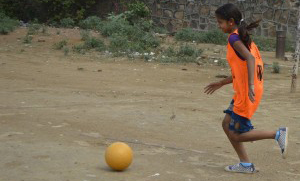

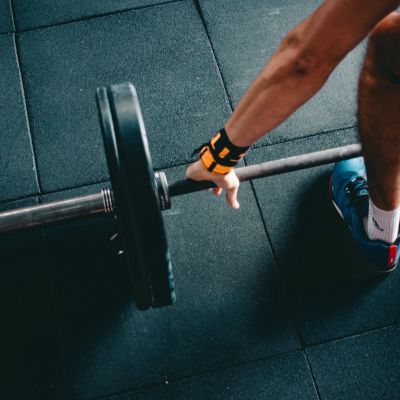
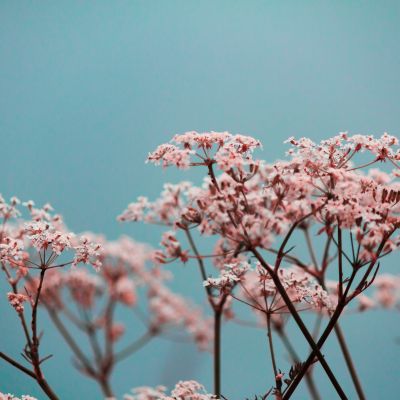
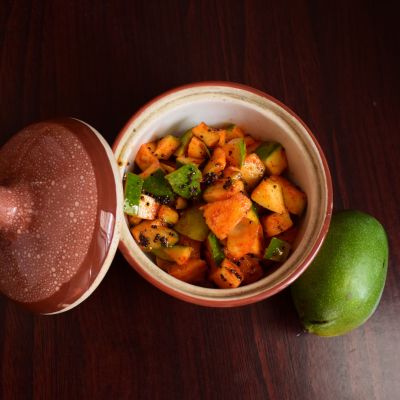

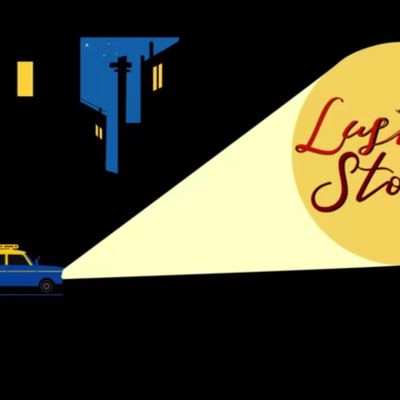
![Magenta-coloured poster. On the top is written, "#MondayMythBusting". Below in white is written, next to a cross sign, "Feminism only fights for the rights of [straight, cis] women." Below it is written next to a tick mark sign, "My feminism will be intersectional, or it will be bullshit. -- Flavia Dzodan"](https://www.tarshi.net/inplainspeak/wp-content/uploads/2015/11/3-thegem-product-justified-square-m.jpg)
